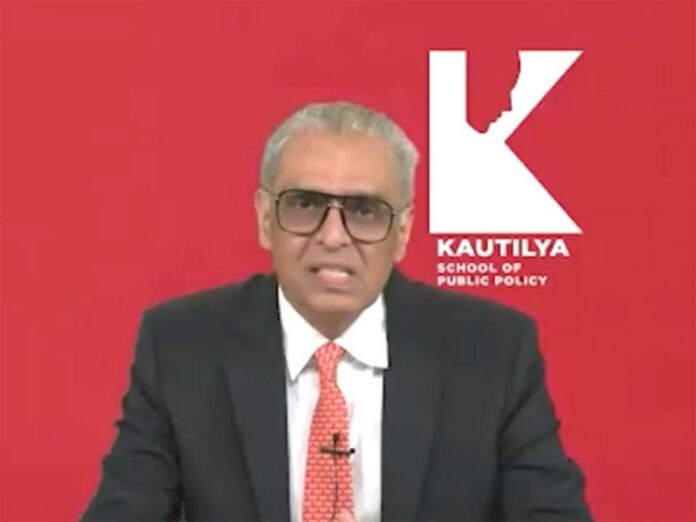The new USD 100,000 H-1B fee applies only to fresh applications after September 21. Akbaruddin urged using India’s GCCs to retain talent, boost exports, and support high-value global work
New Delhi
Former Indian UN envoy Syed Akbaruddin has criticised the US’s sharp H-1B visa fee increase, calling it a “tax on trust” that could weaken the long-standing benefits of the programme and harm India-US relations, he described US President Trump’s decision to raise the fee to USD 100,000 as a barrier on a “bridge of talent,” warning that taxing skilled migration would hurt both countries and push opportunities elsewhere.
Akbaruddin emphasised that H-1B visas have been a win-win arrangement: Indian professionals gained access to global careers, while US firms benefited from much-needed expertise. “H-1B was a bridge between the US and India, now it is seen as a loophole,” he said. He added that taxing talent is counterproductive, as goodwill is fragile and the dreams of young people must be handled carefully.
Under the new rules, the USD 100,000 fee applies only to new H-1B applications or lottery entries filed after September 21, leaving existing visa holders unaffected. To address this challenge, Akbaruddin suggested leveraging India’s Global Capability Centres (GCCs) as a “home-shoring” solution, attracting returning talent and boosting exports. He noted that GCCs already contribute USD 68 billion in exports annually, with projections of USD 128 billion by 2030. Companies like Novartis, GE, and Airbus are examples of centres driving advanced work and high salaries comparable to Germany’s per capita income.
Akbaruddin advocated a “come home to build” approach, highlighting that GCCs blend global and local resources. He stressed that India should integrate talent into global value chains while retaining human resources, investment, and innovation domestically. As the US visa changes take effect, the focus for India may shift toward GCCs to retain skilled professionals and seize emerging opportunities.



